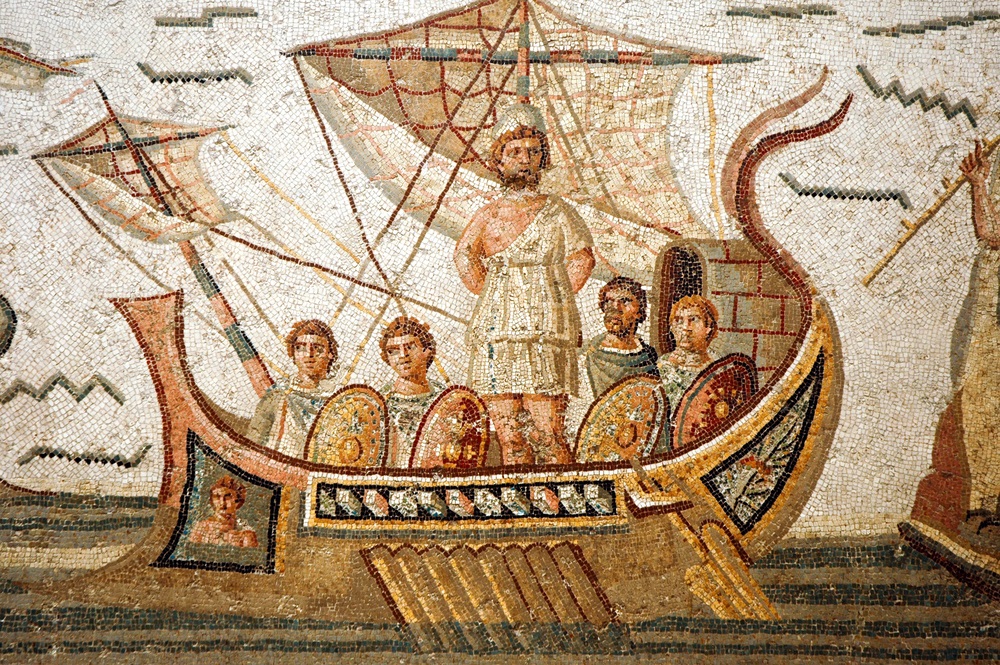
In a recent analysis, Tyler Cowen presents an economic perspective on Homer's classic epic, the Odyssey, arguing that traditional economics has often overlooked this significant literary work [47b5c395]. Cowen suggests that viewing the Odyssey through an economic lens can provide deeper insights into human nature and the political dynamics present within the narrative. As Odysseus travels through various polities, each exhibiting distinct political regimes, the economic method serves to model preferences and constraints that shape the characters' actions and decisions.
Cowen identifies key assumptions about human behavior in the Odyssey, highlighting themes such as quests over consumption, deception, and the pursuit of intoxication. He posits that Odysseus's journey reflects a complex quest for knowledge and variety, rather than merely a desire to return home. The prevalence of intoxication, with numerous references to wine and drugs, is emphasized as a significant aspect of life in Homer’s time, suggesting that these elements played a crucial role in the cultural and social fabric of the era [47b5c395].
This exploration sets the stage for further discussions on the political economies depicted in the Odyssey, with Cowen indicating that future essays will delve deeper into these themes. By applying economic analysis to this ancient text, Cowen opens up new avenues for understanding the interplay between human behavior and political structures in literature [47b5c395].